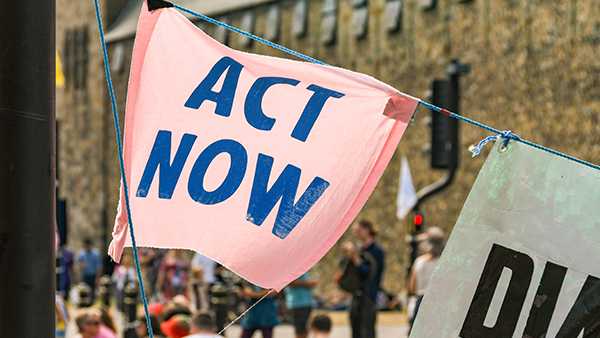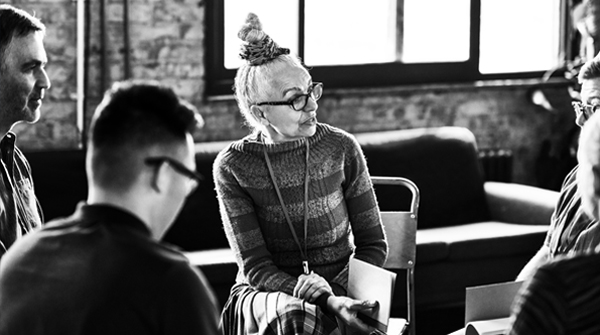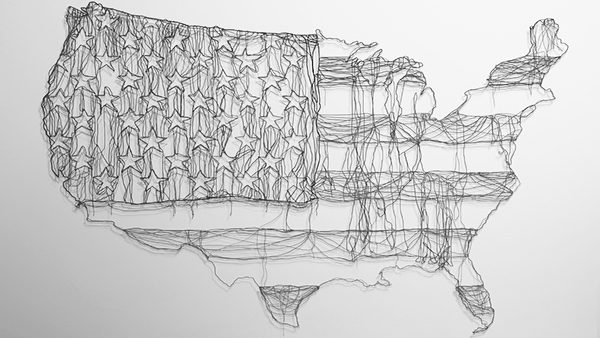Two articles in today’s newspapers are a reminder of the unreconstructed state of our political parties….
In 2003 I spent my downtime over Christmas writing an article for the journal Renewal. I was asked to look back over the ten years of the journal’s history and assess different arguments that had been made for the reform of the Labour Party.
I drew various conclusions but one stood out: not once in any of those articles – many of which were by bright people whom I like and respect – had any author considered the issue of Party reform from the perspective of the public interest. It was simply assumed that the only criterion by which to judge Labour reform was what was in the interests of the Party. This revealed a deeper assumption: what is in the interests of the Party must be inherently in the interests of the public.
The RSA has a growing portfolio of completed or current projects exploring institutional reform. A recurrent issue in our work is how organisations – especially those which claim to be acting for social good - align their organisational interests with the public interest. Alignment isn’t an easy thing to do but it is a challenge organisations should continuously and openly confront. Our political parties generally don’t understand the question, let alone seriously try to answer it.
In his article for The Times, Damian McBride adds to the gathering storm clouds hovering over Ed Miliband. McBride, Gordon Brown’s former attack dog and author of one of the very best insider accounts of being a political aide in Government, upbraids the Miliband operation for failing to promote proper dialogue within the shadow cabinet and for refusing to draw on the expertise of anyone associated in their mind with the Blair-Brown years.
In The Guardian Jeremy Cliffe, politics correspondent of The Economist, writes about Labour’s knee jerk response to UKIP. Rather than imagining that the working class is an homogenous whole obsessed by immigration alone, Cliffe urges Labour to see the deeper problem as the negligent and cavalier way the Party has often treated its core supporters. He cites one example of how to do things differently:
If Labour takes UKIP-friendly seats like Great Yarmouth next year it will be because candidates like Lara Norris, its fizzy candidate there, have spent the past years campaigning on local issues and sorting out local problems – not because her party has made a last-minute lurch to the right on immigration
I don’t know Ms Norris and I’m sure there are other good candidates in her seat. I suspect I have little sympathy with the Brownite model of Party management. Nevertheless Cliffe and McBride are both touching on a huge and largely ignored problem: in essence the established political parties are failing organisations. Their governance, style of management and ethos are miles behind what would pass as bog standard practice in a half decent large charity or a socially responsible private company.
For instance….Parties are very hierarchical with power wielded indiscriminately and often arbitrarily. The relationship between the formal model of Party governance and internal democracy and the reality of decision making is tangential at best and often non-existent. People at all levels can be treated appallingly, with advancement and demotion based on prejudice, nepotism and panic rather than any proper consistent assessment of performance or individual qualities. Rank and file members are viewed with a mixture of fear and contempt and largely used as fodder for fund raising or rather mundane forms of campaigning. And, to repeat, the question of whether Parties are aligning their own interests as organisations with some articulation of public duty simply doesn’t compute.
There have been sporadic attempts to change things. Before he was dumped by team Brown, pioneering Labour General Secretary Peter Watt tried to turn the membership into an on-line community free to discuss and develop their own ideas. The Conservatives insisted that their candidates at the last election create social programmes but some were later found to be using these as routes to direct people and money back into electioneering. Labour flirted with trying to turn its field workers into community organisers and then started to pull back when officers realised this might involve some letting go from the centre. The flaw in these schemes is the one I painfully discovered in my early years trying to reform the RSA Fellowship; you can’t change a long established organisational culture with one off initiatives (but with time commitment and imagination you can as evidenced by the incredibly constructive meeting of the RSA Fellowship Council taking place as I write).
Please understand, this is not just another rant against politicians. Many MPs – mainly women in my experience - do fantastic work to improve the quality of life in their constituencies; not because they think it will directly help them win elections but because they find it intensely satisfying and see it as their public duty. I knew my time as days as a Labour party official were numbered back in 1997. Along with colleagues (by the way, many mid ranking officials in Parties also wish they worked for less messed up organisations), I prepared a paper for a meeting of the two hundred of so newly elected Labour MPs. In it I encouraged them to use their role to act as social innovators and entrepreneurs. ‘Great MP’s can be a powerful catalyst for local change’ I wrote. My paper was replaced by one promoting ingenious ways for MPs to channel their office allowances into traditional Party campaigning.
Party leaders say they value constiutuency work but MPs know it is given much, much (let’s add a third ‘much’) less importance than loyalty and an ability to parrot the Party line while looking like you mean it.
Which leaves us with a conundrum: What is more alarming? That the people who run these dysfunctional, distressed and declining organisations are genuinely confused as to why the public isn't too keen on them, or that it is from between them that we will have to choose our next Government.
Related articles
-
The public are ready to go further and faster on net zero
Anthony Painter
The public are ahead of policy-makers and, indeed, most of the business world. COP26 is an enormous opportunity to catch up. Global leaders should take it.
-
Can progressives ever stop the in-fighting?
Matthew Taylor
Biden's victory has caused the left and moderates to fracture again.
-
Can President Biden bring America together again?
Anthony Painter
There is a long road ahead for the new president.




Be the first to write a comment
Comments
Please login to post a comment or reply
Don't have an account? Click here to register.